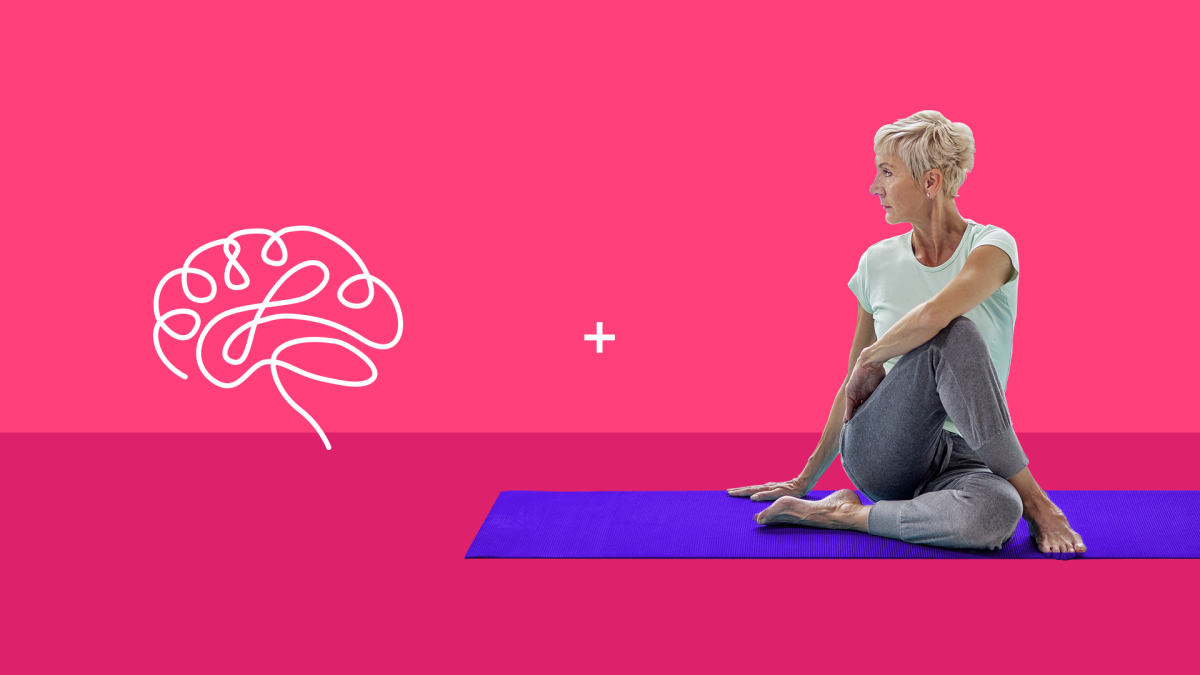Fact 1. Fear of making mistakes blocks creativity.
The fear of making a mistake is one of the strongest internal barriers that blocks creativity before it even has a chance to emerge. When a person begins working on a new idea but already holds the belief that any deviation from the norm is wrong, the brain automatically switches into defense mode. In this state, it is not looking for solutions—it is focused on avoiding risk. But it’s important to understand that creativity is impossible without space for mistakes. Everything new is born through experimentation, through trial and error. When the mind is fixated only on avoiding mistakes, it loses flexibility. The person starts thinking within what’s allowed and safe, losing the ability to step beyond the familiar. This is often seen in the work of creative professionals. It is important to understand that productivity and creativity do not appear when a person forces himself to be perfect, but when he allows himself to be alive.
Fact 2. Imagination changes your physiological state.
Imagination is a powerful psychophysiological tool that can directly influence the body, mood, and energy levels. What you imagine, your brain perceives as real, activating the same areas that are involved during actual experiences. That’s why a thought can trigger an emotion, and an emotion can cause a physical reaction. It only takes imagining an anxiety-inducing situation for your heart to start beating faster, you’re breathing to become shallow, and your muscles to tense up. Even though nothing is happening around you, your body responds as if there is a real threat. The same mechanism works in a positive direction. If you focus on a pleasant image—recalling a happy moment, a victory, or visualizing a desired outcome—your body responds with calm, energy, and motivation to act. This mechanism is widely used in sports, medicine, and psychology. For example, professional athletes often visualize their performance before stepping onto the field, and this helps improve results. People undergoing challenging medical treatments use imagination to support the body, reducing stress and pain. So, if you constantly imagine fatigue, failure, or tension, your body starts to mirror those states. But if you imagine yourself focused, strong, and calm, the brain begins to form a corresponding physiological response.
Fact 3. Thoughts of gratitude activate the same brain areas as caffeine.
When a person focuses on gratitude—for small things, for the day, for experiences—the brain activates regions responsible for motivation, focus, and vitality. These same areas are stimulated by caffeine, but gratitude works gently, naturally, and without side effects. A regular gratitude practice increases dopamine levels, lifts your mood, and helps the body recover from chronic fatigue. Just a few minutes to recall something good and express thanks—and you already feel more inner strength, clarity, and drive to take action.
Fact 4. The expectation of fatigue provokes a decrease in productivity.
When the thought arises in the morning that the day will be difficult, and you won’t have enough energy, the brain starts working according to that scenario. It prepares the body for fatigue even before the actual workload appears. This internal setup lowers energy levels, slows down reactions, makes focusing harder, and reduces overall efficiency. This psychological programming affects physiology: muscles work more slowly, the brain tires faster, and familiar tasks seem harder than they actually are. The thing is that the expectation of overload triggers a reaction similar to stress or exhaustion. But instead, if you have a neutral or positive attitude to the day, it helps to preserve your inner resource. When you don’t set yourself up for fatigue, both the body and mind work naturally, without tension, and there is enough energy to complete all tasks. However, there are times when, despite positive thinking, real fatigue can prevent full productivity. In such cases, you may want to consider using an energy-boosting medication such as Artvigil or Modavigil. These modafinil-based medications help maintain mental activity and keep you focused, even when energy levels are low.
Fact 5. Boredom doesn’t come from a lack of things to do, but from passive thinking.
The feeling of boredom often doesn’t stem from having nothing to do, but rather from a lack of active thought. Passive thinking is a state where the brain stops seeking meaning, ideas, or goals. A person might be busy with routine tasks, yet still feel empty and disconnected inside. When the mind isn’t engaged, the day feels dull, and time seems to drag. This can be even more draining than intense work. Boredom suppresses energy, decreases motivation, and gradually lowers productivity. But as soon as the brain receives a challenge—a question, a task, a new idea, or simply a shift in focus—your internal energy level starts to rise. Even a small redirection of attention toward something that requires to be thought can reignite interest and activate mental engagement. Boredom fades when your thoughts come alive again.








